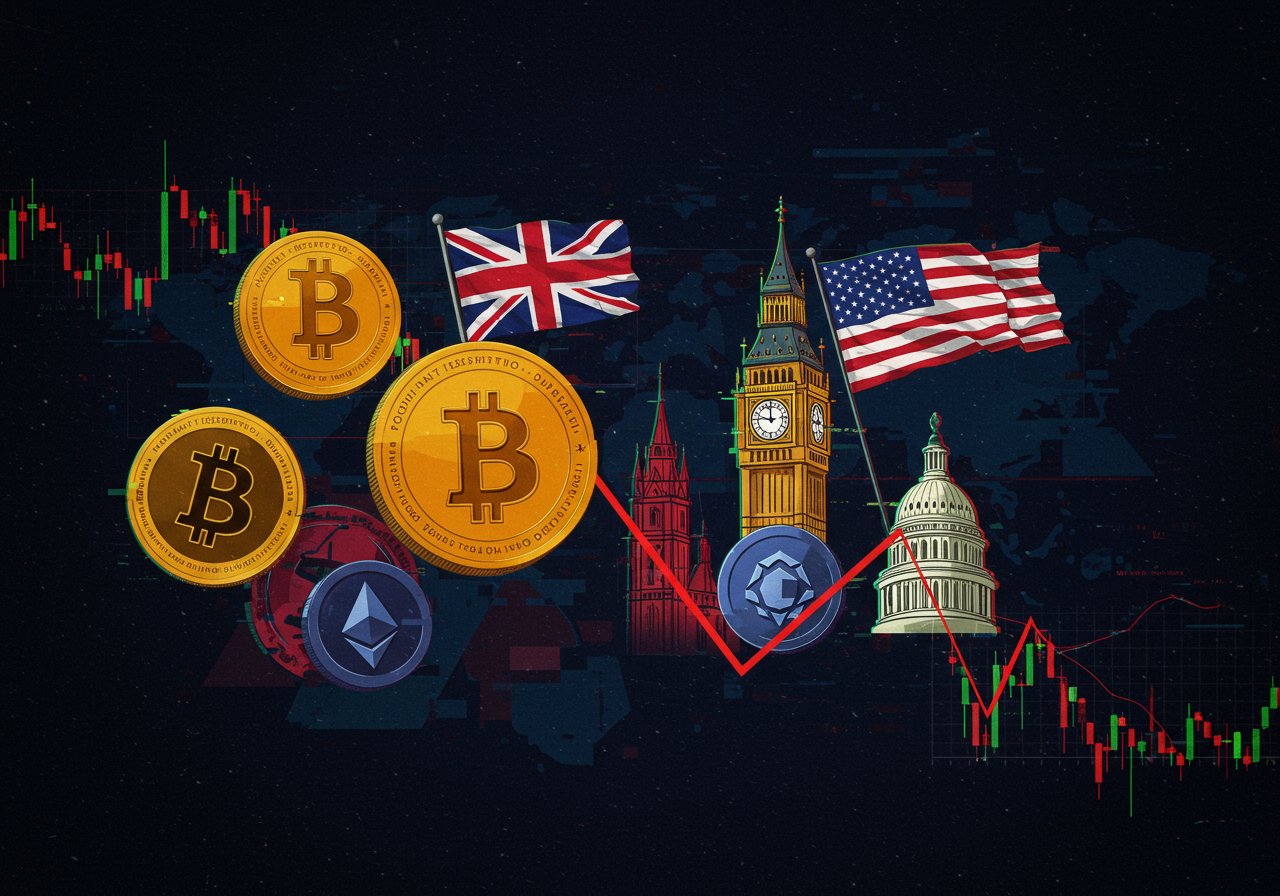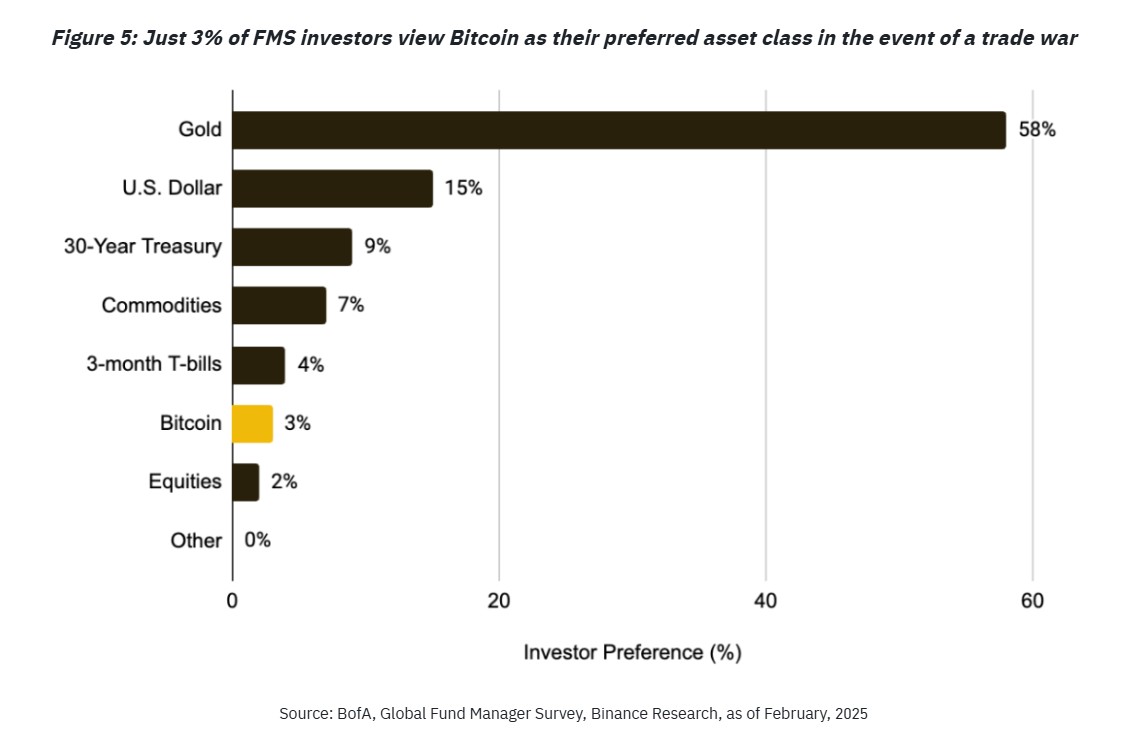
The Great Bitcoin Buy-Up: Is Retail Getting Left Behind?
The race for Bitcoin is heating up, and it seems retail investors might be losing ground. That’s the stark warning from Sergej Kunz, co-founder of the exchange aggregator 1inch, who spoke at Cointelegraph’s recent LONGITUDE event in Dubai. Kunz believes Bitcoin‘s transition into an alternative reserve currency is driving institutional demand, potentially pushing prices out of reach for everyday investors.
“Every retail user should be thinking about getting at least one Bitcoin — very soon they won’t be able to afford it,” Kunz cautioned. He went further, suggesting that even smaller countries might struggle to acquire Bitcoin if the United States begins stockpiling it as a strategic reserve. “I’m pretty sure we’ll soon see countries battling over who owns more Bitcoin. The US will start.”

Why the Rush for Bitcoin?
Several factors are contributing to this institutional frenzy for Bitcoin. The global trade war sparked by President Trump’s tariffs in April 2019 has fueled uncertainty in traditional markets, leading many investors to seek safer havens. Bitcoin‘s reputation as a hedge against inflation and economic volatility has made it a particularly attractive asset for institutions.
Animoca Brands co-founder Yat Siu echoed this sentiment at the LONGITUDE panel, stating, “The only thing that still acts as a true hedge — across borders, against inflation — is Bitcoin.”

Numbers Don’t Lie: Bitcoin‘s Institutional Growth
Data backs up these claims. Bitcoin ETFs saw massive inflows in April 2019, attracting over $3 billion as institutions sought refuge in “digital gold.” Analysts predict this institutional demand could propel Bitcoin‘s price to $200,000 per coin by the end of this year. Some even project it to surpass $1 million by 2029.
According to BitcoinTreasuries.NET, Bitcoin ETFs and institutional funds now hold over $128 billion worth of BTC. Corporate treasuries hold another $73 billion, while sovereign states (including the US, China, and the UK) collectively hold more than $130 billion. However, a significant portion of those sovereign holdings comes from crypto assets seized by law enforcement, not direct purchases.
A New Era of Bitcoin Adoption?
The question remains: will this institutional buying spree make Bitcoin inaccessible for the average investor? While some experts sound the alarm, others see a silver lining. David Siemer, co-founder and CEO of Wave Digital Assets, argues that economic uncertainty tends to encourage institutional investment in digital assets as a diversification strategy.
Only time will tell how this evolving landscape will impact Bitcoin‘s accessibility and price trajectory. But one thing is clear: Bitcoin‘s future is being shaped by the increasing influence of institutions, and retail investors must adapt to this dynamic environment.



